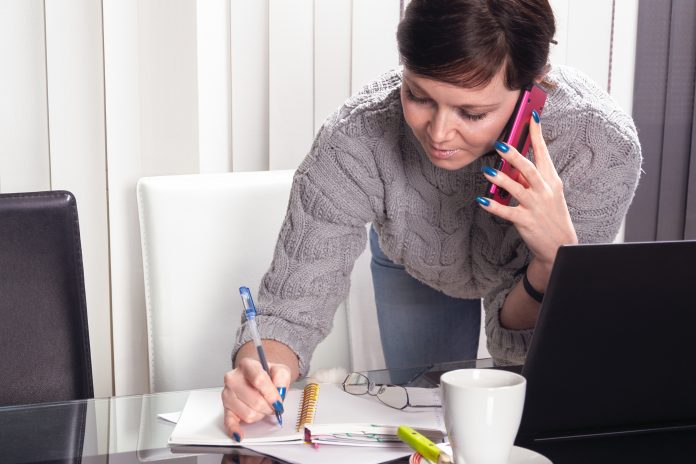Mariann Hardey, associate professor of marketing at Durham University Business School, discusses how ‘self-isolation’ from the coronavirus could be a catalyst to making a much-needed change in the way in which we see remote working
Global concern about the impact and spread of COVID-19 is increasing two-fold. Preventative measures have already begun in a number of countries that have seen mass cases of the virus – including Italy for example, who started with just a few regions being on lockdown, but have rapidly ensured the whole country is in isolation. Many sports events, conferences and other mass gatherings have all been put on hold until further notice, and it seems like it is just a matter of time until the government instructs all those who can, to work from home to stop the spread of this virus.
Before COVID-19 practices such as remote working and digital presenting were always seen as secondary to physically being in the office and attending meetings. Those who worked from home regularly were often seen as disconnected from the rest of the team, difficult to get hold of or even not as committed as they should be.
However, something we forget to realise is that those that value and need remote working the most often do so to better support their ability to work. Much of my research is about the kinds of interventions we can take to enable under-represented groups to be better supported in their professional roles. Those that are often overlooked in the workforce are people in caring roles and people with disabilities and remote working is something that can help improve their professional abilities.
Remote working opportunities for disabled people
Increasing remote working opportunities for carers and people with disabilities can make not only their professional lives, but their social lives too – however thus far requests to do so from most workers have either fallen on deaf ears, are often challenged, or misunderstood. Workers are hit with excuses such as it being ‘too expensive’ or ‘too difficult’ to co-ordinate and organise.
However, with the likelihood that many of Britain’s workforces will be forced to work from home in the coming months, or will interact with many people who are remote working – could the attitudes towards this practice change? Hopefully so.
Conferences
With many conferences being conducted virtually, interactions between colleagues moving online and meetings taking place virtually, we now have an opportunity to advocate for each other and support accessibility for all. This means being prepared to make sudden changes on how we attend and experience professional activities and take forward how we work with each other. Out-dated criteria for career promotion such as ‘attending international conferences’ can be challenged and changed to embrace new methods of finding and connecting with each other.
This method will allow anyone with a disability or caring role to significantly improve their contribution to events and ‘prove’ their worth to organisations, but also make it a lot easier and comfortable for them to complete their workload. By putting so much emphasis on ‘being there’ we have developed a fascinating idea of needing to be in a professional setting to complete ‘work’.
Environmental impact
Perhaps the coronavirus, and the inevitable remote working that will come with this, will change the overall attitudes towards those who work from home regularly. With everyone experiencing remote working, perhaps we will all realise you can be just as productive, just as influential and just as successful even when not in the office. Another added bonus of course is the reduction in travel, which could have a huge impact on the environment and allow us to rethink whether we need to fly half way across the world for a conference.
However, time will tell whether mass self-isolation will affect our opinions on remote workers, but in the meantime, if you are working from home, some top tips; try to disconnect properly when you’re not meant to be working; try to re-wire your guilt and anxiety about not physically being there; make sure you’re looking after your health and wellbeing and try not to get distracted by home tasks or interacting with your pets.











